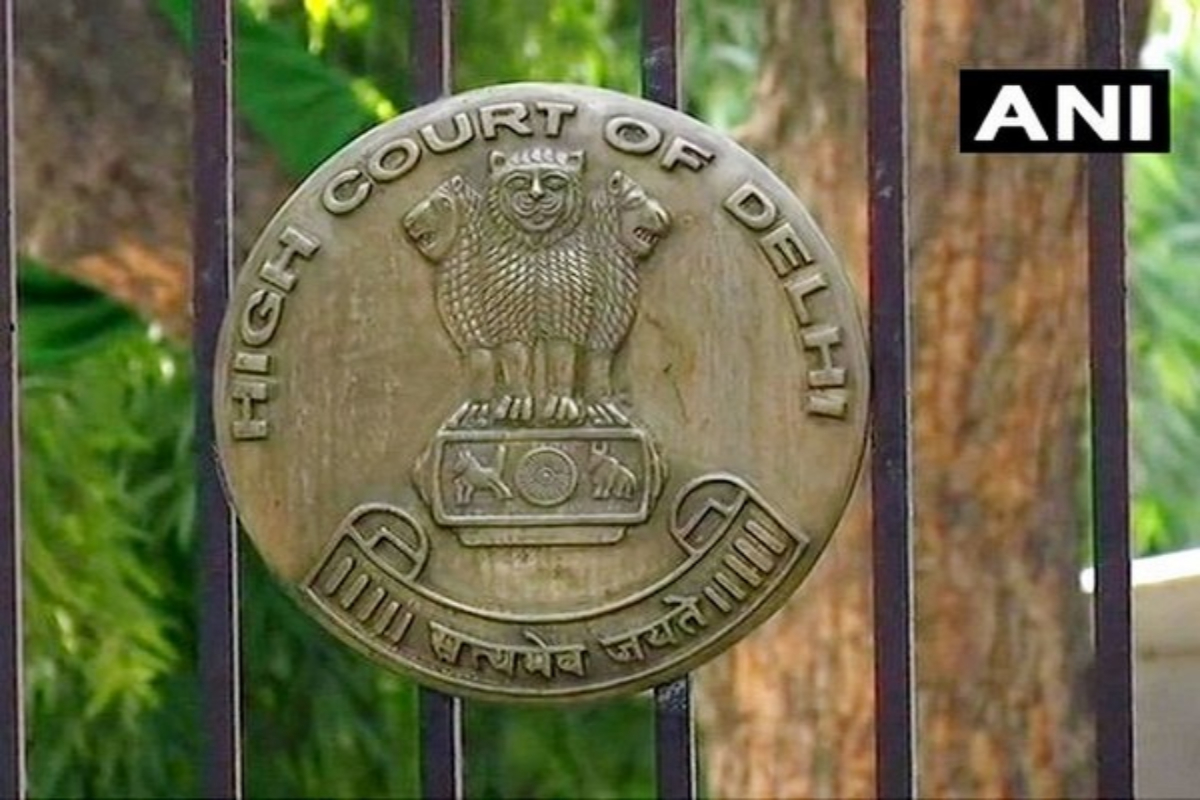The National Commission for Protection of Child Rights (NCPCR) through an affidavit has told the Delhi High Court that micro-blogging site Twitter’s decision to not remove Congress leader Rahul Gandhi’s tweet, wherein he had allegedly revealed the identity of a minor Dalit girl, who was raped and murdered in 2021, contributes to disclosing the victim’s identity
In March, the high court had sought a response from the NCPCR on a plea seeking FIR registration against Rahul Gandhi in the matter.
Advertisement
A nine-year-old minor girl had died under suspicious circumstances on August 1, 2021, with her parents alleging that she was raped, murdered and cremated by a crematorium’s priest in southwest Delhi’s Old Nangal village.
A social activist Makarand Suresh Mhadlekar had moved a plea in the high court in 2021, alleging that Rahul Gandhi had violated the Juvenile Justice (Care and Protection of Children) Act, 2015, and the Protection of Children from Sexual Offenses Act, 2012, which prohibits the identification of minors who have been sexually assaulted.
The NCPCR in its affidavit has said that though Twitter has withheld the post in India on receiving a notice sent by it, the social media platform failed to remove the tweet altogether which is still available for the public to be seen outside India.
It has said that in order to fully give effect to its obligations, Twitter ought to have removed the impugned tweet from its platform and the same should not be hidden only in the “Indian territory”.
“The object is to conceal the identity of the minor girl child and hence merely hiding the post in question from Indian domain shall not suffice the purpose of hiding the identity of the victim. True meaning and effect has to be given in letter and spirit to Right to Privacy and Right to dignity as guaranteed under Article 21 of the Constitution,” the affidavit reads.
It further says that it is pertinent to mention here that the said post can still be accessed and is still available in public domain throughout the world.
Consequently, the inaction of the Twitter Inc contributes into disclosure of the identity of the victim, which is in violation of country’s laws.
A bench headed by Chief Justice Satish Chandra Sharma has granted eight weeks’ time to other respondents to file their affidavits and has posted the case for hearing on November 23.
The NCPCR had earlier told the court that it wants to support and join the petitioner in the matter.
It had told the court that the offence of making such a disclosure still exists, despite Twitter’s claim that it had removed Gandhi’s tweet.
Sajan Poovayya, a senior lawyer representing Twitter, had argued that “nothing survived” in the petition because the contested post has been “geo-blocked” and is currently not accessible in India.
He had added that Rahul Gandhi’s account was suspended by the social media platform but was later restored.
Nonetheless, the petitioner and the NCPCR’s counsel argued that the offence still exists.











